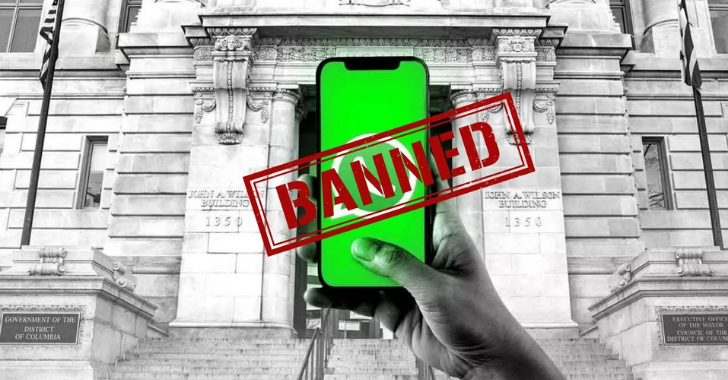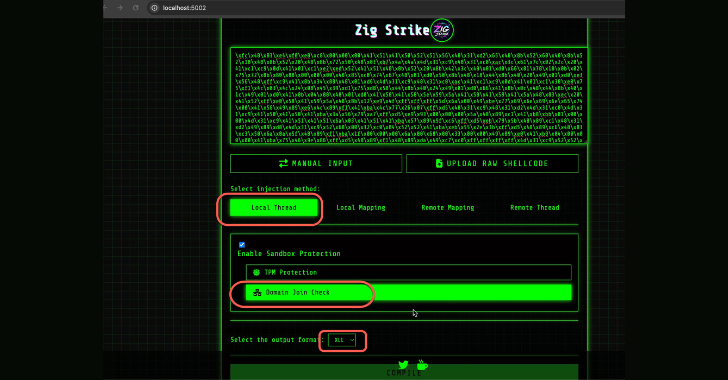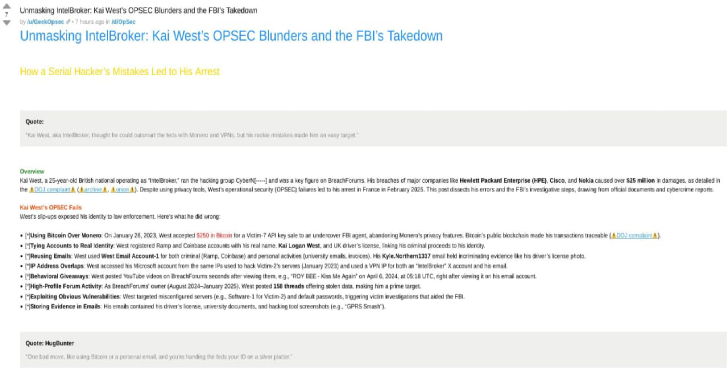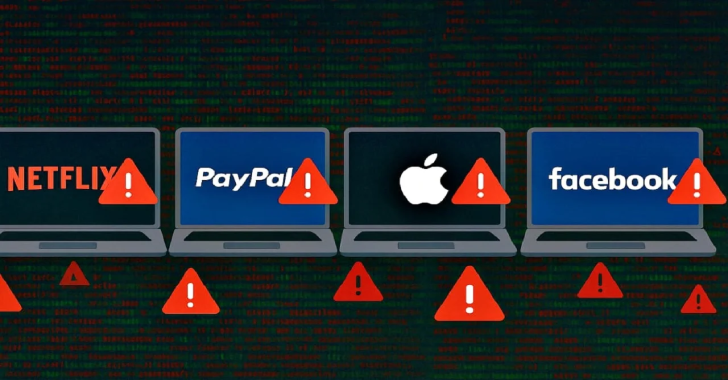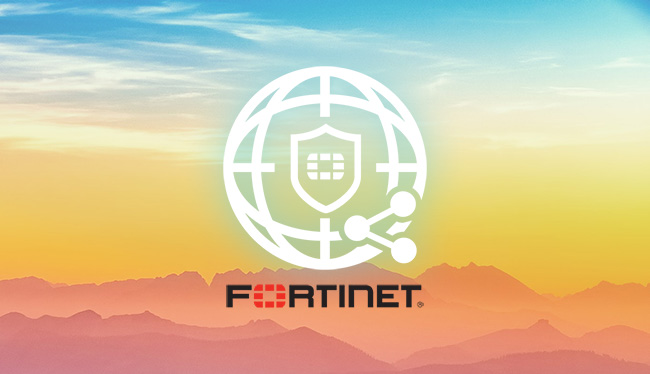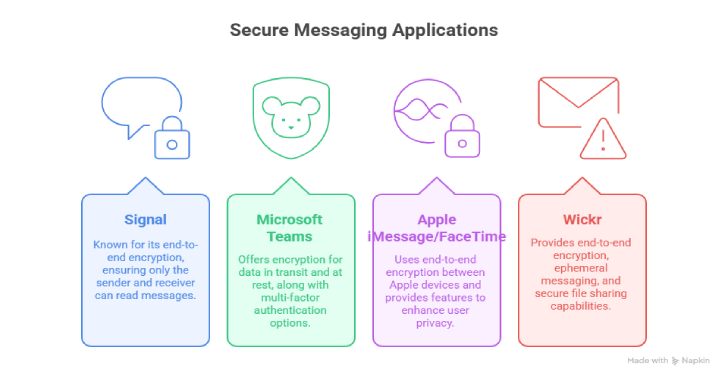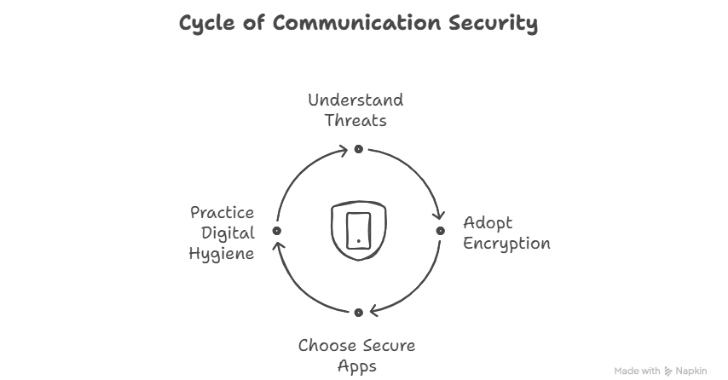The U.S. House of Representatives has officially banned the use of WhatsApp on all House-managed devices. Staff members are being instructed to uninstall the app by June 30, 2025, due to growing concerns about its data handling and security risks.
According to a memo issued by the Office of Cybersecurity, WhatsApp is now considered a “High Risk Application” that poses potential threats to sensitive communications.
🔴 Why the sudden ban?
The memo highlights WhatsApp’s lack of transparency, unencrypted data storage, and concerns around unauthorized data access.
What Does the Ban Include?
This isn’t a partial restriction. The ban covers all official devices:
- House-managed smartphones
- Laptops and desktops
- Web-based access to WhatsApp
That means whether you use WhatsApp through the mobile app or browser, it’s completely prohibited on official U.S. House equipment.
Meta Responds – But It May Not Be Enough
Meta (formerly Facebook), the parent company behind WhatsApp, responded by defending its end-to-end encryption protocols. According to a Meta spokesperson:
“No one, not even WhatsApp, can read users’ messages. Messages do not get stored, and encryption is enforced.”
Still, House cybersecurity teams remain unconvinced, particularly over concerns about metadata tracking, cloud backups, and third-party access.
The Bigger Picture: A Government Shift Toward Secure Communication
This isn’t the first time the U.S. government has cracked down on widely-used tech platforms:
- TikTok was banned on federal devices back in 2022.
- ChatGPT’s free version was restricted on Capitol Hill.
- Telegram has also faced heavy scrutiny over its encryption policies.
The House’s stance is clear: if a tool doesn’t meet strict security criteria, it doesn’t belong on a government device.
What Messaging Apps Are Still Allowed?
If not WhatsApp, then what? According to the memo, staffers may continue to use these pre-approved secure communication tools:
- Signal
- Microsoft Teams
- Apple iMessage
- FaceTime
- Wickr (Amazon-owned)
Each of these apps is considered more secure for sensitive government operations, especially regarding how data is encrypted and stored.
Spyware, Metadata & National Security
The decision also ties into ongoing concerns about spyware tools like Pegasus and Paragon Graphite, which have exploited messaging platforms in the past.
Even encrypted apps can be vulnerable if:
- Metadata is exposed
- Data is stored unencrypted
- Apps have backdoors or unvetted third-party integrations
This is a preventive measure—better safe than breached.
🧠 Frequently Asked Questions (FAQ)
Q: Is WhatsApp banned in the U.S.?
👉 No. It is only banned on official U.S. House of Representatives devices.
Q: Why was WhatsApp banned by the U.S. House?
👉 Due to concerns over data storage, metadata access, and lack of transparency.
Q: Can staff use WhatsApp on personal devices?
👉 Yes, but only if those devices are not connected to House systems.
Q: What apps are still allowed for communication?
👉 Signal, Microsoft Teams, iMessage, FaceTime, and Wickr.
Final Thoughts
This ban highlights the growing need for zero-compromise security standards in U.S. government communication. With potential surveillance and privacy risks looming over every app, the House is tightening its cybersecurity protocols, and WhatsApp just didn’t make the cut.
Whether you’re a policymaker, IT admin, or regular user, this is your signal to start taking data privacy and communication security more seriously.
